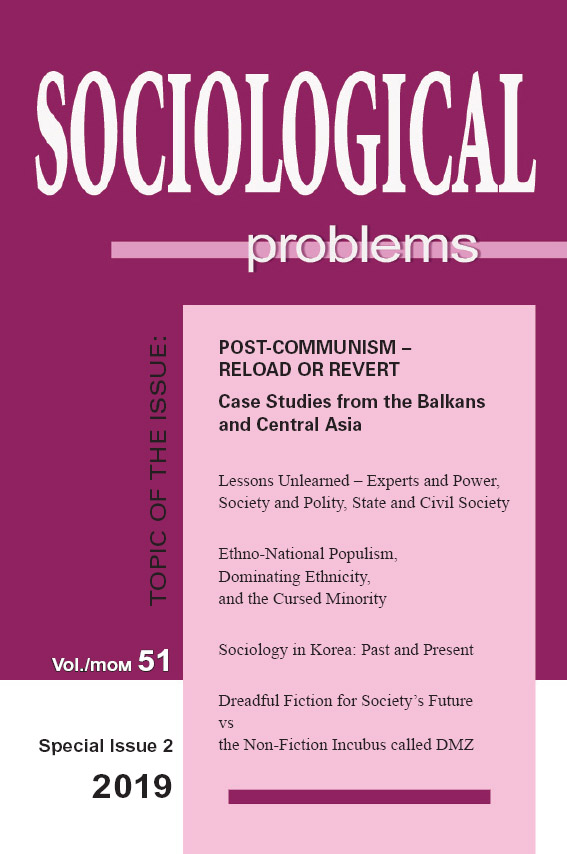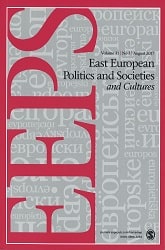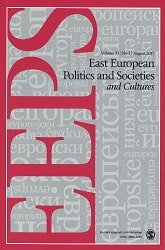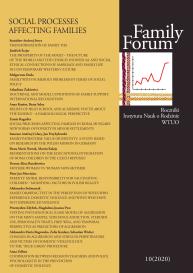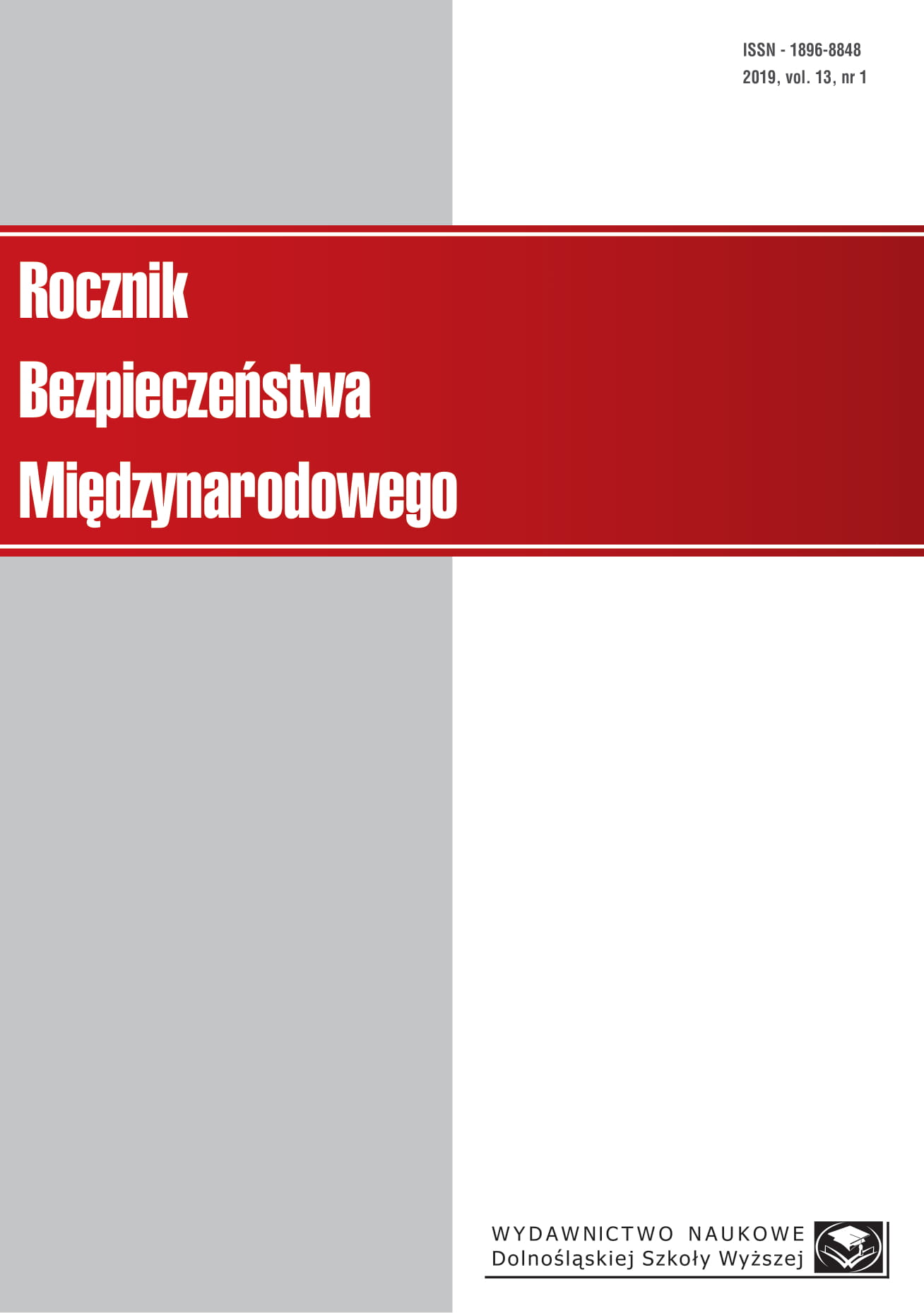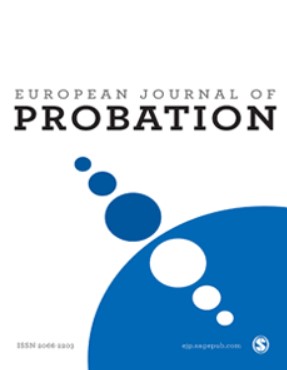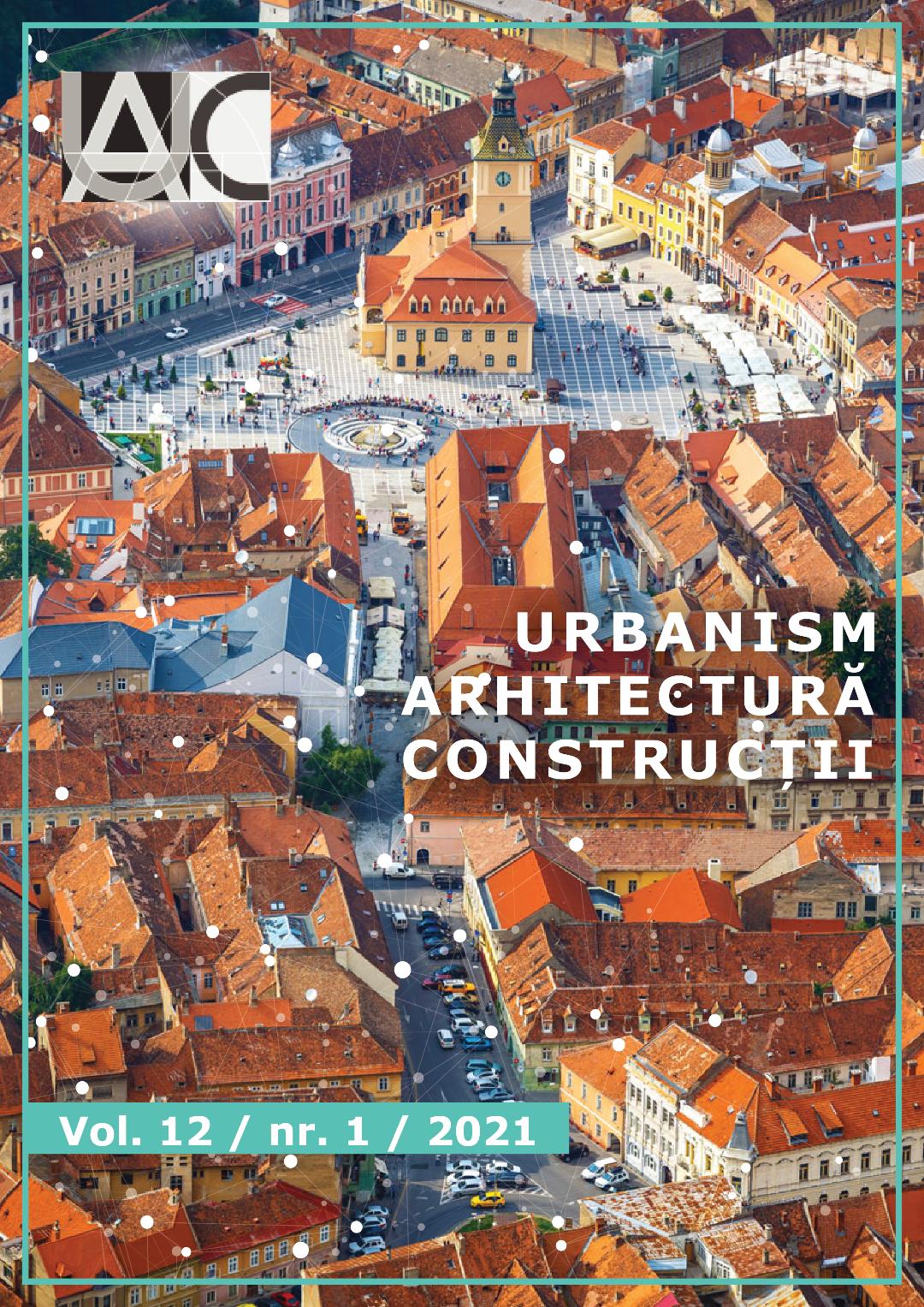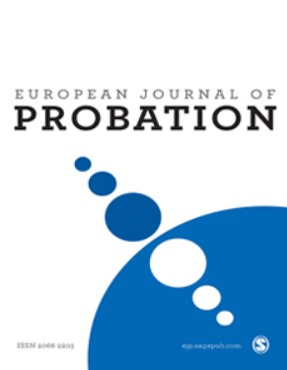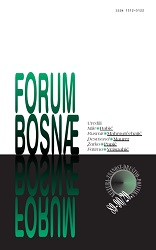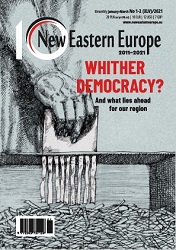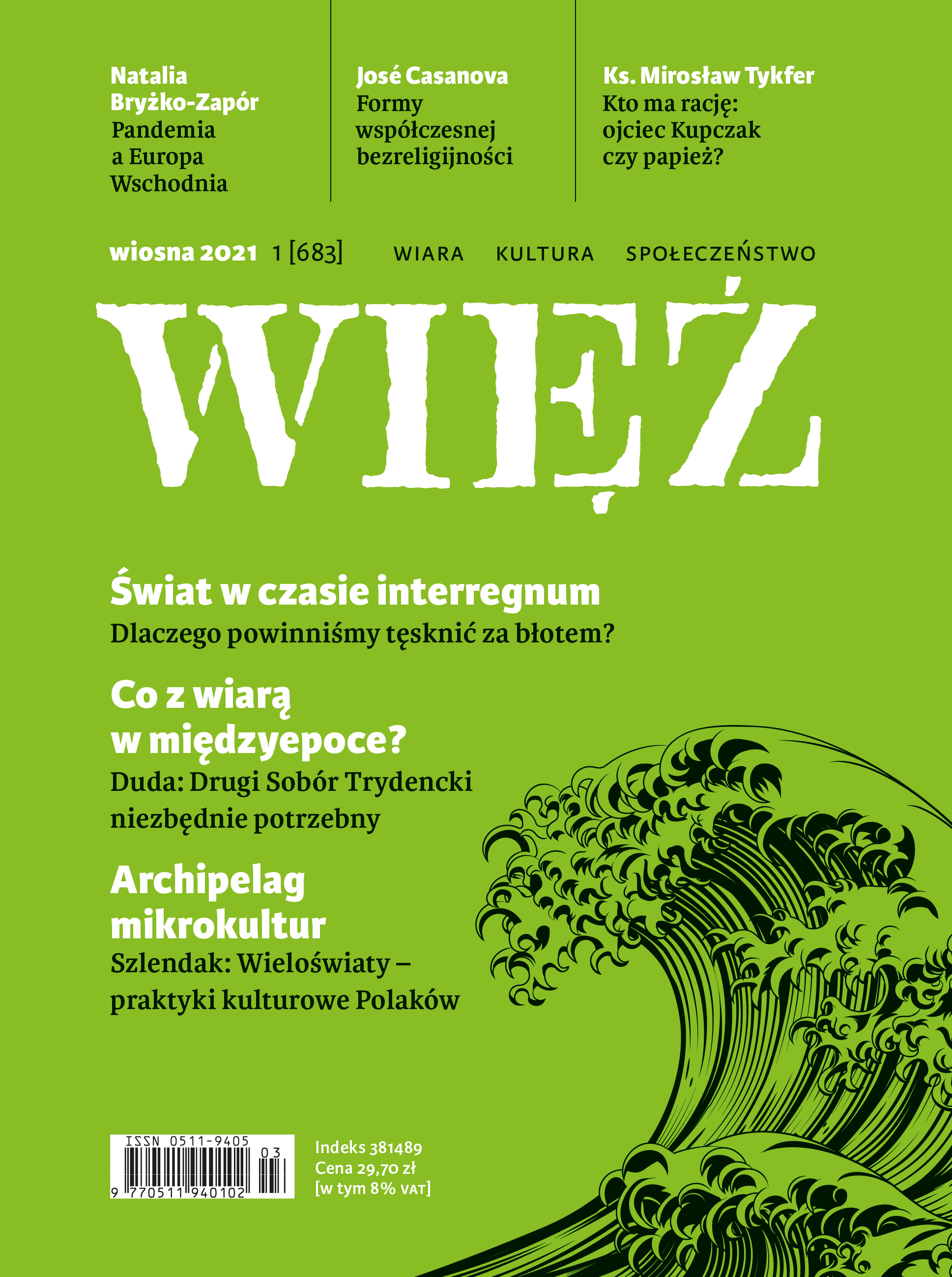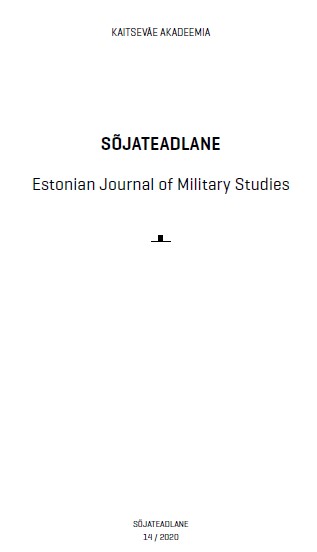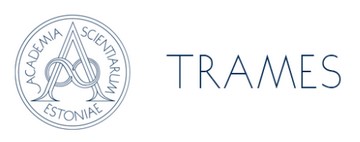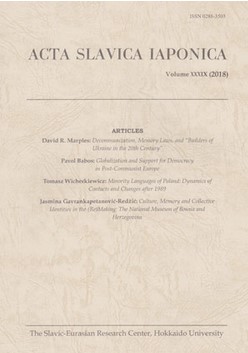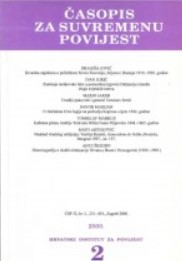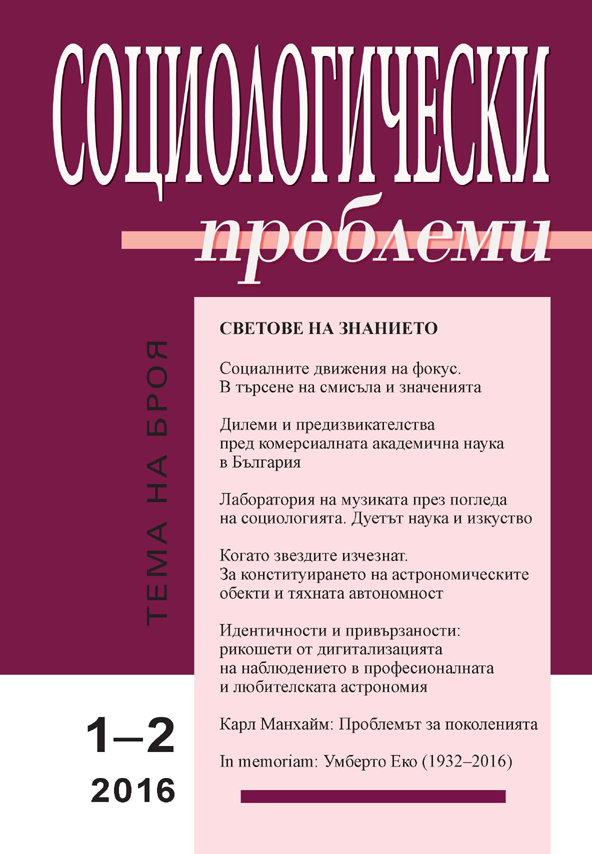
Да слушаш страданието: социоанализата и „патосният“ обрат в понятието за опит
The article relates socioanalysis to the so-called ‘science of the suffering subject; as developed on the borders between phenomenological anthropology, psychopathology and psychoanalysis. Before any scientific or clinical objectivation (typification, diagnosis etc.), this ‘science’ – or, rather, analytic – thematizes the affective space of suffering, viewing it not only as intrapsychic but as intersubjective, intercorporeal and shareable, without presupposing the practical dualisms (between psychic and somatic, individual and social, abnormal and normal) or the division of labour between the ‘sufferance experts’. The text focuses on one of the instances in this affective space – the ‘ear’ of the analyst (who can be a lay person) and the listening to the other’s suffering. The first section thematizes the pathos turn in the concept of experience, placing it in the historical context of Benjamin’s diagnosis of the ‘devaluation of experience’, the weakening of its communicability, and the ‘decline of storytelling’. The second section problematizes – in the context of an actual case – the limits of dialogue in the course of narrative construction of identity, as well as the corporeal ‘enactment’ of a situation of vulnerability. The third paragraph presents situations of professional listening – correspondingly the suffering of the schizophrenic (in the dispositive of phenomenological psychopathology) and the ‘everyday sufferance from society’ (in the dispositive of Bourdieu’s socioanalysis. This demonstrates how precisely self-telling and self-understanding today are increasingly more and more constituted as from the active, maieutic listening. The article argues that the maieutic listener represents a specific ‘transitional figure of experience’ and a ‘primary representative’ (in the sense of Waldenfels) of the suffering subject, one to whom is due a fundamental achievement of social life: reflexive existential knowledge, respectively – the recognition of suffering.
More...
